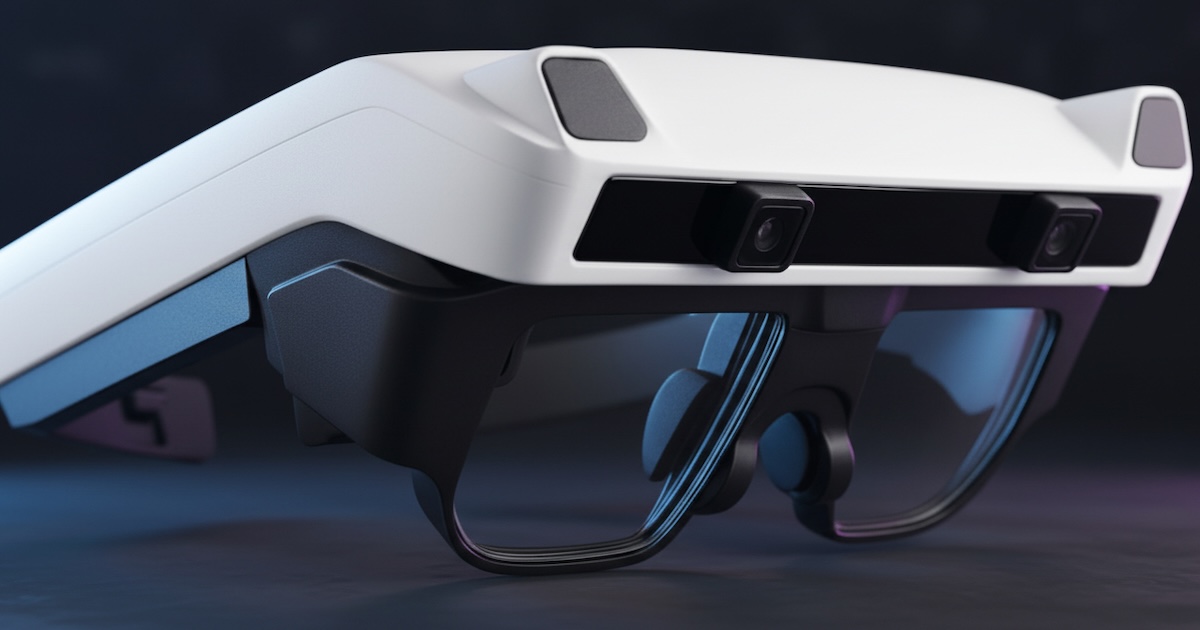An Indiana-based ACO is using mHealth tools to connect providers and home health patients in a new program that keeps them out of the hospital, helps them live healthier lives, and qualifies the health network for extra Medicare incentives.
The 13-hospital Franciscan Alliance Accountable Care Organization, one of the first ACOs in the country to partner with Medicare, is reportedly seeing success on several fronts using Honeywell's Genesis DM and Genesis Touch RPM devices.
Franciscan VNS, in fact, is partnering with one of the ACO's physician groups in what is called 'The Coaching Program," according to a Honeywell HomMed whitepaper, to target patients with chronic illnesses, typically the most expensive population and one that doesn't traditionally qualify for home health services.
"The Coaching Program was designed to provide the right level of education to patients to empower them to take the management of their healthcare into their own hands and improve the overall health prognosis long-term," the whitepaper states.
[See also: Wielding mHealth tools as weapons against HAIs and superbugs.]
Physicians, home health aides and telehealth nurses involved in this program use the Honeywell devices to keep regular tabs on enrolled patients and track long-term health progress with Honeywell's LifeStream Management Suite of analytical software. In all, 70 percent of the program's patients are monitored daily, the whitepaper states, with results compared against general population patients and those using traditional telehealth monitoring tools upon their discharge from the hospital.
According to Franciscan officials, The Coaching Program has resulted in a 5 percent readmission rate (the national average for a Medicare population is 20 percent), medication reconciliation rates above 40 percent, and a patient retention rate of 95 percent. As a result, Franciscan officials report that they've qualified for a higher bonus from the Centers for Medicare and Medicare Services.
"In order to qualify for a piece of this 'shared savings pie,' a hospital or ACO has to know every patient, what services they're getting, what it costs, and how it compared to the" contract that Franciscan has with CMS to treat Medicare patients, the whitepaper points out. "Telehealth solutions are the perfect companion to hospitals and ACOs in the new world order because they have the same overarching goal: Making healthcare delivery more efficient while simultaneously increasing quality of patient care."
The Coaching Program consists of four parts:
- The creation of a personal health record that connects all members of the care continuum to one patient record;
- Identifying red flags that key in telehealth nurses and other providers to points of early intervention;
- A medication reconciliation and self-management process that ensures that the patients understand what medications are prescribed to them; and
- Preparing patient to be involved in their own health management, including during follow-up visits.
Patients have also reported life changes due to The Coaching Program. They're exercising more often, according to the whitepaper, decreasing their caloric intake and involving themselves in more heart-healthy activities.
The key takeaway is that mHealth programs like The Coaching Program can help providers and ACOs not only reduce hospital readmissions among their most expensive populations, but they can demonstrate an improved quality of life for those patients and optimize new revenue streams.
Those benchmarks will prove vital as the nation's healthcare system transitions from a fee-for-service model to the more inclusive fee-for-value system.
Related articles:
Telehealth groups to HHS Secretary Burwell: Ease these 5 burdens, please


